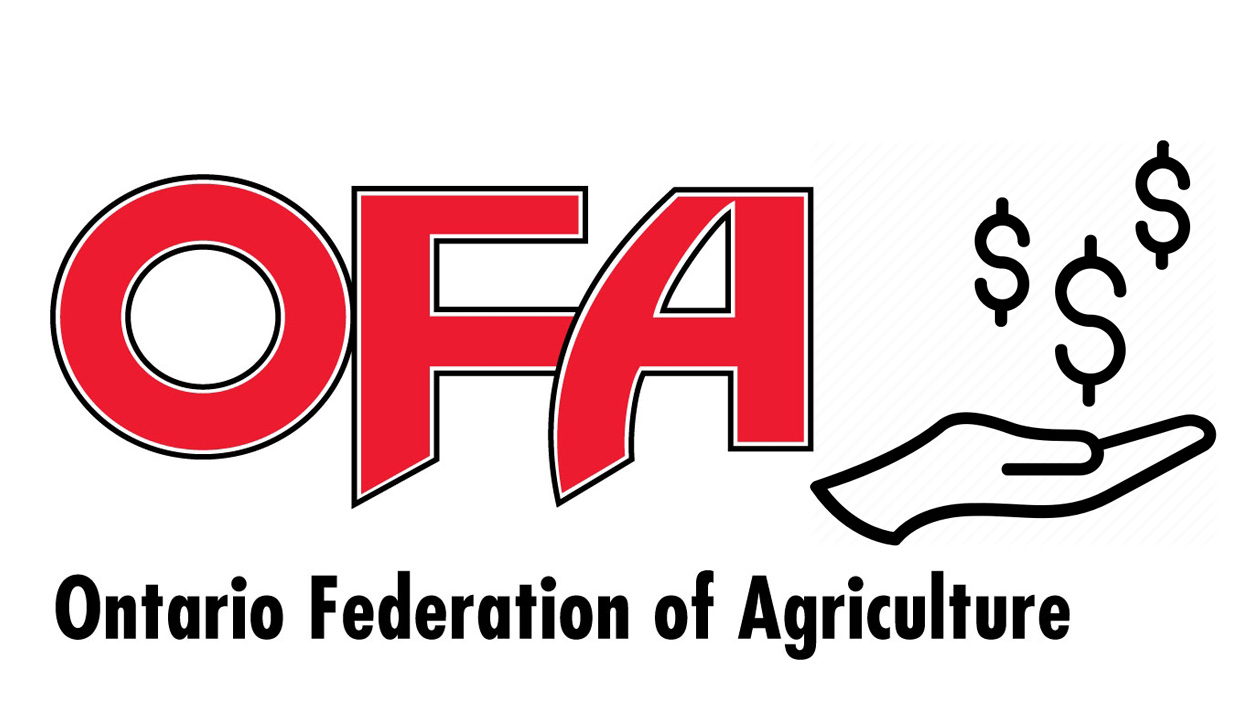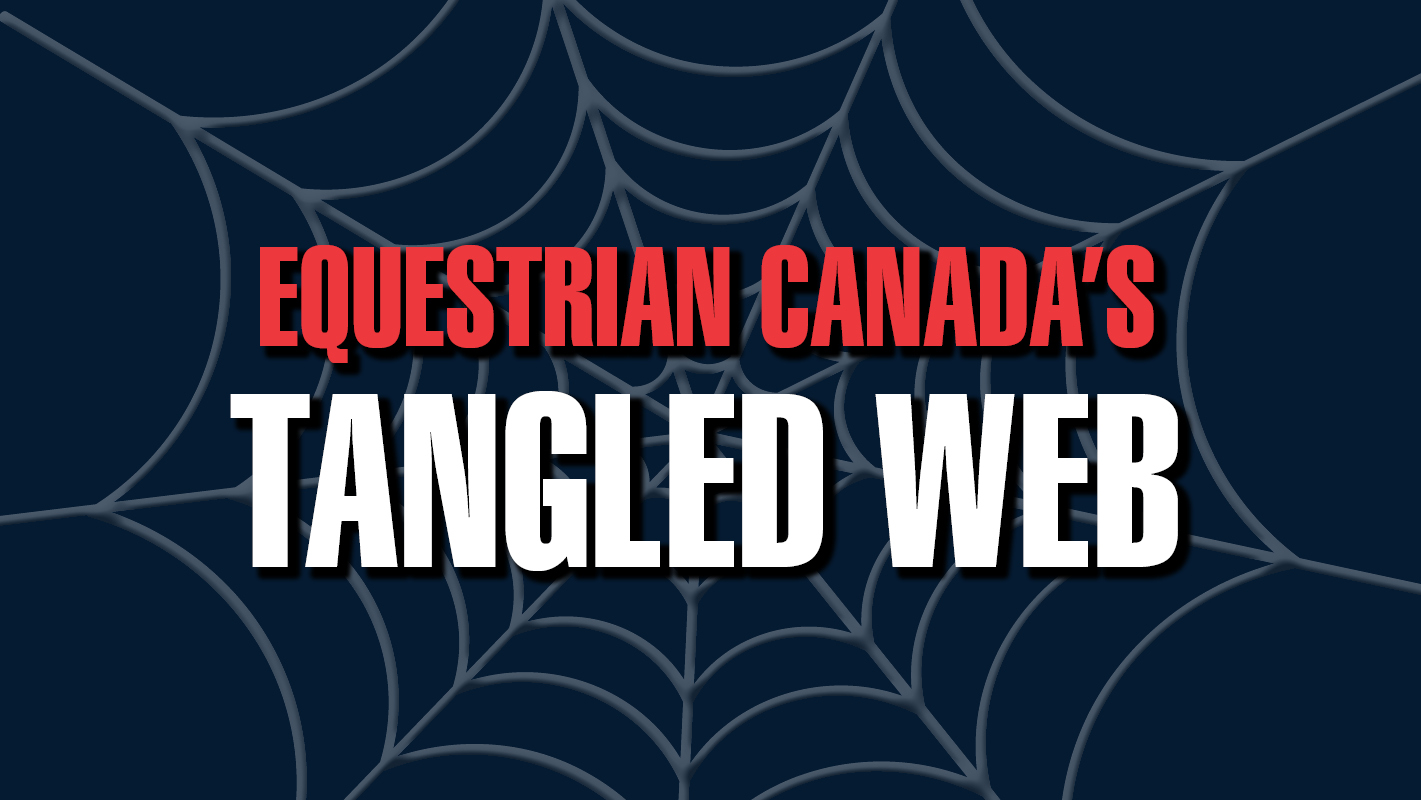In a long winded response to Horse Sport’s article “7 Times EC’s Board Broke Their Own Rules,” EC president Jorge Bernhard, on behalf of the remaining board members, claims that the article wasn’t “fair” and that “every effort” wasn’t made to collect accurate information. Aside from disagreeing with such assertions, Horse Sport finds that, in fact, even in its denials the response actually confirms the observations.
Charge #1: One of EC’s board members was ineligible for election to the board because she wasn’t a resident of Canada – a violation of article 4.5
Bernhard’s response notes that “no one on the Nominating Committee reviewed the 17 page By-laws in sufficient detail to confirm eligibility” and that they were “not aware of such a requirement”.
FACTS:
#1. Section 148.4 of the NFP Act specifically notes that ignorance of the rules is not an excuse for directors and officers. While the entire Nominating Committee wasn’t on the board and thus didn’t have this duty of care, two were, and Bernhard was one of them.
#2. Section 4.5 of EC’s bylaws, conveniently titled “Eligibility,” lists exactly four criteria (26 words!) that the Nominating Committee had to review to ensure somebody was eligible for election as a director:
(i) has the power under law to contract,
(ii) is eligible to serve as a director of a registered charity,
(iii) is not an employee of EQUINE CANADA or a Recognized Affiliate Organization, and
(iv) is a resident of Canada
#3. The Nominating Committee, then chaired by none other than Jorge Bernhard, provided an application package to prospective candidates that listed the four criteria for eligibility.
The board did vote to change the by-laws to skirt this violation, but only AFTER the election process was already underway. Further, while they did ask the members to approve the change, they did so AFTER the board elections had taken place…ethically dubious ground to say the least.
Charge #2: The composition of the Nominating Committee changed less than six months prior to the AGM – a violation of Article 4.7
Bernhard’s reply notes that the Nominating Committee changed because it was struck under the rules of the old by-laws and needed to be changed to be in compliance with the new by-laws when they were officially approved. The question, however, is why did the board decide to hold the elections so early in the first place, before the revised by-laws were approved at the April 2016 Convention? EC has typically held elections at the AGM, but changed that tradition last year.
FACTS:
#1. Section 128 (3) of the NFP Act notes that the election of directors is to be held at the AGM.
#2. EC bylaws 4.9.b state that “a Director’s term shall end at the conclusion of an Annual Meeting.”
EC’s AGM was held in September 2016, but the board elections took place in March 2016. Had EC waited to hold the elections at the AGM, which Bernhard notes in his reply was always intended to be held in September, they could have struck the Nominating Committee under the new by-laws and within the prescribed timeline without breaking a single bylaw.
Charge #3: The Nominating Committee Chair stood for election – a violation of article 4.7
Bernhard responds that the “the By-laws were technically in breach”…“for a short period of time.”
FACT:
#1. Refer to this Governance Manual which was in effect for the period up to, and including, the 2016 Director Election:
“Members of the Committee must not be Equine Canada members and must not be seeking election at the Annual Meeting.”
As noted in the previous point, it is unclear why the elections needed to be held so early causing the by-law violations. Had EC followed the proper protocol of hosting board elections during the AGM, neither violation would have occurred.
Charge #4: EC’s bylaws require a minimum of 25% of members to request a meeting – a violation of article 5.4 AND the Not-For-Profit Act
Bernhard’s response is confusing at best, and misleading at worst.
FACTS: (Words have been bolded for emphasis.)
#1. Section 72(1) of Canada’s Not For Profit Act states that members who hold at least 5% of the voting rights can require the directors to call a meeting of members. Moreover, it notes that “the NFP Act also permits the corporation to use its by-laws to lower this percentage (for ex., at least 2%), but not to raise it.”
#2. Section 5.4 of EC’s by-laws notes that “A General Meeting of the Members may be called at any time at the discretion of the Board or upon the written requisition of Members carrying not less than twenty-five (25) percent of voting rights in accordance with the Act.”
#3. Twenty-five per cent is clearly MUCH HIGHER than five per cent.
It is important for voting members to note that Canada’s NFP Act supersedes EC’s by-laws and they only need 5 per cent of voters to ask for a meeting. There are other details regarding these requests that can be found on this page under “Member Proposals.”
Charge #5: There has been at least one Meetings of Members that did not follow the notice process – a violation of article 5.5
Bernhard’s response notes that the meeting in question was not an actual meeting, just an “informational meeting designed to keep people informed.”
FACT:
#1. Section 1.6(m) of EC’s by-laws states: “Meeting of Members” includes an Annual Meeting or any other meeting of Members;
Whether you call it a “get-together” or an “informal” meeting, the purpose is the same and according to the NFP Act notice must be communicated at least 21 days in advance, but was not.
Charge #6: Registered Participants have been excluded from Members Meetings since the new Bylaws were enacted – a violation of article 5.7
Bernhard responds that there has only been one official meeting that people could have attended, but nobody requested to. The question is how were Registered Participants informed of the meeting? Perhaps nobody asked to participate because nobody knew about it! There certainly weren’t any press releases issued giving notice.
FACT:
#1. Section 5.7 of EC’s bylaws states: Registered Participants may attend any Meeting of the Members except where the President (or other Chair of such meeting) has declared the meeting, or any portion thereof, to be in camera.
Again, EC is missing the point entirely. EC’s by-laws were designed to be inclusive of Registered Participants so that those who wish to inform themselves may do so. EC appears to view this as an annoyance and inconvenience and is not complying with requirements of the by-laws, much less the spirit. It is conceivable that they buried this notice on a little known part of the new website, but they certainly did not make a concerted effort to inform and engage the industry.
Charge #7: An Auditor was not identified at the 2016 September AGM – a violation of article 6.3
EC asked for permission from the members to look for another auditor, but the Audit Committee could just have easily delayed the change to the following year to be in compliance with the bylaws. It’s not as if the current auditors, KPMG, one of the world’s four leading auditing firms that has done the work for EC for the last eight years, is suddenly no longer credible or capable.
Interestingly, after a review of the options EC has recommended to voting members that they stay with KPMG based on their knowledge of EC systems. Why they requested new auditors in the first place is unclear.
That EC’s president and board find it acceptable to bend or break the rules is deplorable. The Athletes, Officials and Show Organizers they govern are expected to read and adhere to extensive volumes of rules and regulations, which only get more onerous as the level of competition progresses.
By-laws provide the framework to direct an organization in a fair and transparent manner. When some of these rules are disregarded as irrelevant or trivial and management is less then transparent or accountable in their actions, a shadow is cast and motives are questioned. Given the unprecedented number board resignations and open letters detailing a multitude of dissatisfactions that go well beyond an aversion to change, EC might notice a correlation.
More from Horse Sport:





